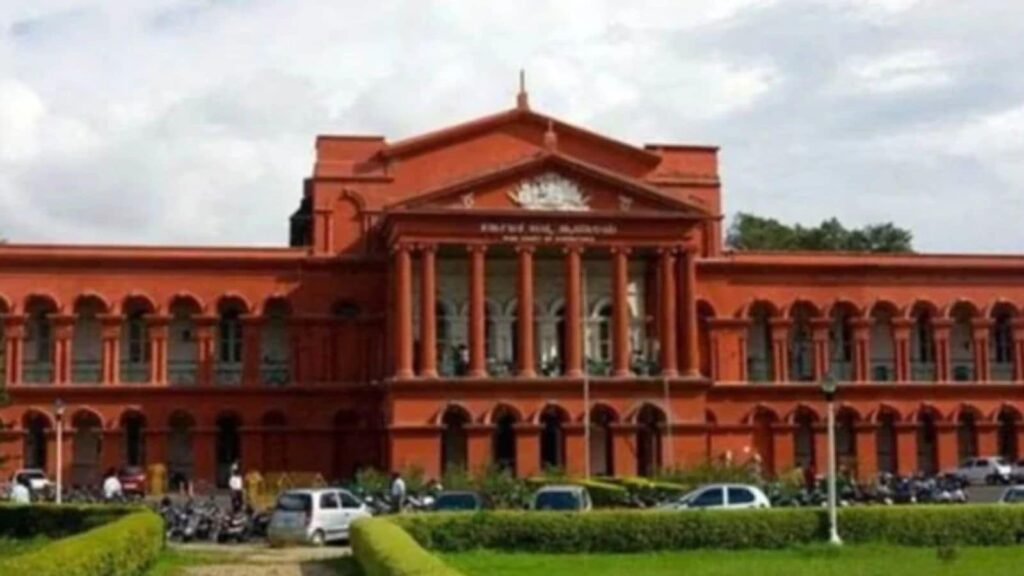The Karnataka High Court recently ruled that denial of admission to a private unaided school will not violate the right to education under the Constitution. Article 21A of the Constitution, introduced by the 86th Amendment in 2002, guarantees free and compulsory education for children aged 6 to 14 years.
In this case, the petitioner approached the high court seeking an order to admit his son to St Paul’s High School in Belagavi as a lower kindergarten student. He said they had received a communication stating that his son had been selected for admission as a student, and they would have to come to meet the principal on February 28. The website then changed the status to “verification pending”.
The school later informed the petitioner that the confirmation of admission had been erroneously sent to him along with 61 other students owing to a software issue and that the sanctioned number of students, 150, had already been admitted. The petitioner argued that the child ought to be admitted owing to the initial communication.
The school’s counsel argued that the petition could not be maintained since it was a private, unaided institution. The petitioner’s counsel, on the other hand, relied on a prior Delhi High Court judgment to argue that, since education is a matter with public scope, the court’s jurisdiction did extend to it.
The order, passed on August 5 by a bench of Justice Suraj Govindaraj, stated that in the case of fundamental rights being affected, the court’s jurisdiction under Article 226 of the Constitution could be applied even if the school was a private entity. However, the court did not agree that said rights had actually been violated in this case.
The court noted, “There is no specific allegation in the petition regarding any discrimination or the like which would violate Article 14 of the Constitution of India, nor is any such allegation made as regards the violation of fundamental rights under Articles 19 and 21 of the Constitution of India, though a reference is made that non-grant of admission would deprive the petitioners of their rights under Article 21 of the Constitution of India, the mere non-admission of petitioner No.2 (the student) in respondent No.3 school would not amount to a violation of Article 21.”
The court pointed out that there were many other schools where the child could be admitted. Having made these observations, the court dismissed the petition.

